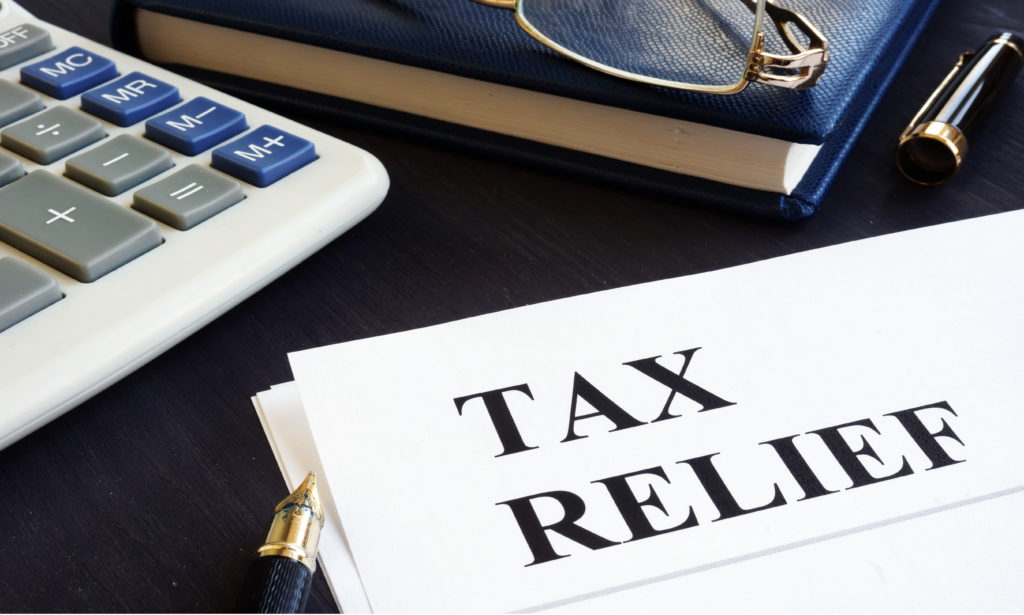Defer and Eliminate Capital Gains With Opportunity Zones
The Tax Cuts & Jobs Act of 2017 (TCJA) created Opportunity Zones (OZ). Taxpayers who invest in Qualified Opportunity Zones can reduce capital gains tax and pay zero tax on the investment’s future appreciation. For this reason, Opportunity Zones have a significant edge over traditional capital gain deferral strategies like the 1031 Exchange.
With more than 8,500 economic zones throughout the United States, investors and business owners have plenty of choices. Additionally, the investment gives them a chance to do some good in an economically depressed area, make some tax-free money, and achieve some permanent capital gain savings even after you’ve already sold your asset. What’s not to love?
There are a number of intricate rules concerning OZ investment tax breaks so if you want to begin or expand your business or real estate holdings using these tax breaks, read on to learn more.
Defer and Eliminate Capital Gains With Opportunity Zones Read More »







